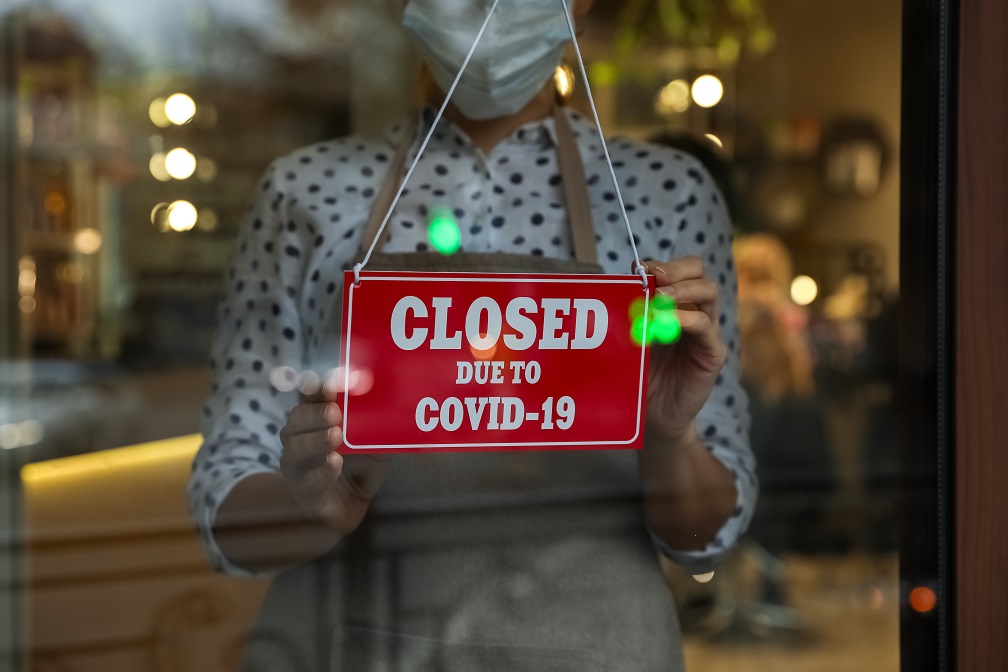Tens of thousands of small businesses who faced Covid-19 earning losses during the first lockdown are set to receive insurance pay-outs.
The Supreme Court has ruled in favour of small businesses to get pay-outs from their business interruption policies.
Many businesses claimed on their policies in spring 2020 to recover lost earnings. However, insurers refused to pay because they say that only their most specialist policies had cover in such unprecedented circumstances.
The judgement says that ‘it substantially allows’ the appeal from the Financial Conduct Authority (FCA) and campaign groups Hiscox Action Group and Hospitality Insurance Group Action. Insurers including Arch, Argenta, MS Amlin, RSA and QBE had their appeals rejected.
It was agreed that a number of policy wordings should be contested in court to set the parameters of what would be a valid claim. This ruling gives guidance for 700 different insurance policies, potentially covering 370,000 small businesses.
High Court and Appeal Court judges had appealed largely in favour of policyholders earlier in the pandemic. In September, the High Court ruled that most claims should be paid where the policy has pandemic or disease clauses.
However, that ruling said that losses arising from general fall in customer demand and the government’s lockdown measures were said to be distinguishable and so won’t be covered.
The Financial Ombudsman Service and courts in Scotland and Northern Ireland are expected to base their decisions on the Supreme Court ruling.
Steven Skiba, legal director and commercial disputes specialist at law firm, Shakespeare Martineau, advises businesses to consider whether the disease clause in their individual policy provides cover in line with the Supreme Court’s decision. If there is a potentially successful claim, seek expert support.
“There will still be a number of grey areas, for example around challenges to trends clauses and how to interpret policy wording (even using the Supreme Court’s decision) where there will be further arguments with insurers that may end up before the courts,” he said. Ultimately though, this decision is binding and provides persuasive guidance for the interpretation of policy wordings.”
Paul Smethurst, partner and forensic investigation specialist at accountancy firm, Menzies LLP, also gave his take.
“The fallout from this case will be both positive and negative for businesses. Premiums will increase as insurers seek to recoup some of their losses perhaps with the requirement to buy separate pandemic or disease coverage and policy wording will certainly be tightened – particularly in clauses related to the circumstances of business interruption claims,” he said.
However, he points out that consumers can also be assured of a more proactive and protective regulator going forward, with the FCA having demonstrated that it is ready to intervene on their behalf where there is a matter of public interest and insurers appreciating the overarching requirement for clarity in policy wordings.
Read more
Insurer using small business Covid grants to justify cutting payouts





